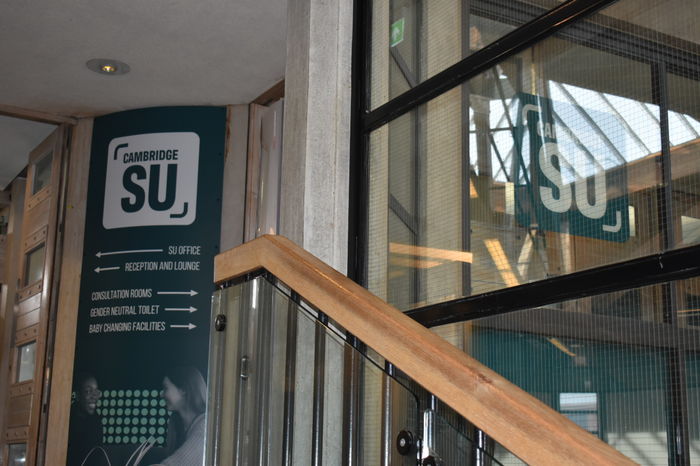Fix workload crisis or threaten student mental health, says SU
The University was told to offer more than just ‘warm words’ in the face of excessive workloads

The Cambridge Students’ Union (SU) is lobbying for reading weeks in subjects to address impacts on student’s mental health, following the University’s watchdog calling for “greater structural reform” in University workload.
A motion proposed by undergraduate SU president Sarah Anderson sought to resolve University procedures that affect student wellbeing. This included campaigning for the implementation of a reading week and setting clear boundaries for supervision scheduling.
The meeting took place after the 29th report of the board of scrutiny which urged the University’s review of teaching to make “concrete actions and structural reforms” rather than “simply providing warm words”.
Prior to this, the university council and general board acknowledged the “culture of overwork” at Cambridge in July 2024, and 2022’s SU referendum where 64% of voters voted “Yes” to the question: “Do you support the introduction of a full freshers’ week in Michaelmas Term and week-long Mid-Term Break/Reading Week in Michaelmas and Lent Terms?”.
Katie Clarke, SU Undergraduate access, participation and education Officer stated that: “The reading referendum is still on the table. It’s not going away, but currently we can only campaign for the reading week because we have been given a mandate for [it]”.
“We are asking you guys to expand our support because the workload crisis is an urgent thing, but some of these suggestions can be implemented much faster than the reading week can,” she continued.
Earlier this year the SU held a workload forum which found that 59% of students were rarely able to complete their work to their satisfaction due to the volume of work. 55% felt that the volume of work to be completed on their course was the number one cause of unmanageable workload.
Pro-vice-chancellor for education, Bhaskar Vira, told attendees of the forum that “boundaries need to be imposed” to improve student welfare.
This follows the recent publication of an article by ex-Cambridge academic, David Butterfield, who slated the current state of the University. He claimed that “mental health crisis’ […] has ushered in developments that disrupt university life,” and that accessibility changes had “infantilised” Cambridge.
Opposing the idea of a reading week, Butterfield added: “Many students are now excused from writing essays and permitted to submit bullet points”.
Butterfield has previously been in hot water with Cambridge students. Following a 2020 Spectator article, Butterfield was accused of “[downplaying] the existence of racism within the field of Classics and the under-representation of Black, Asian and Minority Ethnic (BAME) people within UK Classics”.
The scrutiny board also called for the University to increase the supply of supervisions to ensure they are easily accessible to students, stating that “the University’s reputation for education is based on the strength of its small-group supervision system, [it] should be protected and defended as much as possible”.
The board claimed that the University had fallen victim to “siloed thinking” over supervisions being a college matter, and called on the University to better facilitate the organisation of supervisions.
The Justice for College Supervisors campaign had threatened a supervision boycott last Michaelmas. The planned boycott was suspended following a negotiated increase to supervision rates for the 2023-24 academic year.
 News / Candidates clash over Chancellorship25 April 2025
News / Candidates clash over Chancellorship25 April 2025 Music / The pipes are calling: the life of a Cambridge Organ Scholar25 April 2025
Music / The pipes are calling: the life of a Cambridge Organ Scholar25 April 2025 Interviews / Dr Ally Louks on going viral for all the wrong reasons25 April 2025
Interviews / Dr Ally Louks on going viral for all the wrong reasons25 April 2025 News / Cambridge professor paid over $1 million for FBI intel since 199125 April 2025
News / Cambridge professor paid over $1 million for FBI intel since 199125 April 2025 Comment / Cambridge builds up the housing crisis25 April 2025
Comment / Cambridge builds up the housing crisis25 April 2025






